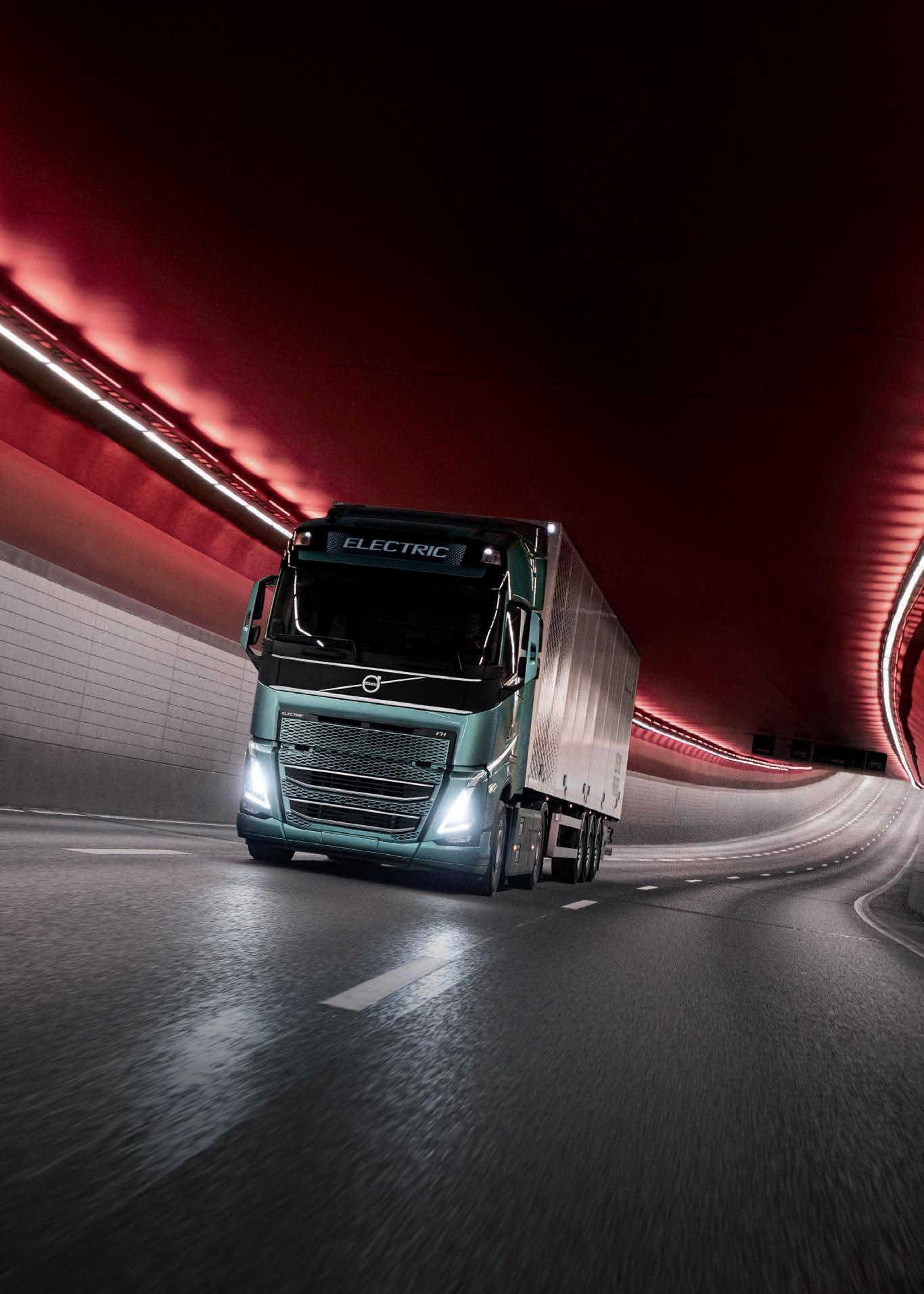
3 minute read
> Lindsay Australia makes $34M acquisition
Lindsay Australia has acquired merchandise company, WB Hunter, for $34.6 million. Founded in 1947, WB Hunter is a market leading retailer that provides a comprehensive range of rural supplies, agricultural services, trade essentials and pet products with an eight-store footprint across Victoria and New South Wales. The acquisition will directly contribute to Lindsay’s broader strategic direction by providing a range of complementary products and services to its extensive customer base.
Lindsay will also utilise WB Hunter’s network to further expand into the Victorian and NSW agricultural supply markets. This broadened operating footprint is expected to offer a robust platform for Lindsay to pursue growth opportunities across all service lines.
Lindsay Acting CEO, Craig Baker, commented on the acquisition.
“We are delighted to welcome WB Hunter into the Lindsay network,” he said. “WB Hunter has a longstanding and highly successful operating history, serving as an integral member of
>NatRoad issues survival guide
National Road Transport Association members have been given a sevenstep guide to weathering the current economic winter following a wave of price hikes from 1 July.
NatRoad CEO Warren Clark said his organisation was recommending strategies to navigate the challenges being thrown at the road transport industry and they involve pre-planning and managing relationships.
“There’s never been a more important time to be on good terms with your employees and customers,” said Clark. “You can’t do much directly about things like diesel prices – apart from using our Ampol discounts if you’re a NatRoad
Member because they’re the best available – but you can look at your own business, no matter how large or small. Clear communication with customers and employees, according to Clark, is not a ‘nice to have’ in tough times but a ‘must’.
“We’re facing a very complex business environment but our industry is nothing if not resilient,” he said. “Our Seven Step Survival guide provides some broad principles to staying afloat and our advisors are always on hand to answer specific questions from Members.”
Clark said operators should regularly update clients about the changes in operating costs and how they affect the
> ALRTA appoints new Executive Director
The Australian Livestock and Rural Transporters Association of Australia (ALRTA) has announced the appointment of Rachel Smith as its new national Executive Director. The appointment was made by ALRTA National Council following an extensive talent search and selection process. Smith, according to ALRTA President Scott McDonald, is the right person to carry on the ambitious work program of the association.
“ALRTA has a long history of punching above its weight across an ambitious work program,” he said. “I believe that
Rachel has the right mix of skills and experience to continue that tradition. I congratulate her on the appointment and look forward to working closely into the future.”
Smith has previous transport association experience. She worked for the Australian Logistics Council as Head of Government and Policy and served for a brief period as interim CEO. She has also worked for Australian Pathology and the Pharmacy Guild of Australia, bringing extensive experience in policy development, advocacy, government relations, member services,
Australia’s rural supplies market.” pricing of services.
Following the completion of the acquisition, Lindsay Rural will have a consolidated rural merchandising network across Australia’s east coast. Lindsay Rural represents a key component of Lindsay’s end-to-end food supply chain solution, supplying more than 1,500 farmers with an extensive range of agricultural products including packaging, fertilisers, chemicals, nutrients and irrigation equipment across a network of 21 stores.
“We are recommending operators provide a detailed breakdown of costs to clients to help them understand where increases are coming from, such as fuel costs, insurance charges or wages,” he said. “This can help in negotiations as it shows the business is not arbitrarily raising prices.” projects, business development and management.
Clark said investing in efficiency improvements could help reduce operating costs.
“This could include more fuel-efficient vehicles or optimising routes using routing software, but when seeking efficiencies it’s important not to compromise safety,” he said.
Smith said she is looking forward to the challenge of representing the interests of the livestock and rural transport sector, including the six state member associations compromising the federation.
“I am thrilled to return to the transport and logistics sector to advocate for outcomes that will advance the interests of ALRTA members to government and the wider Australian community and look forward to working with the membership,” she said.










